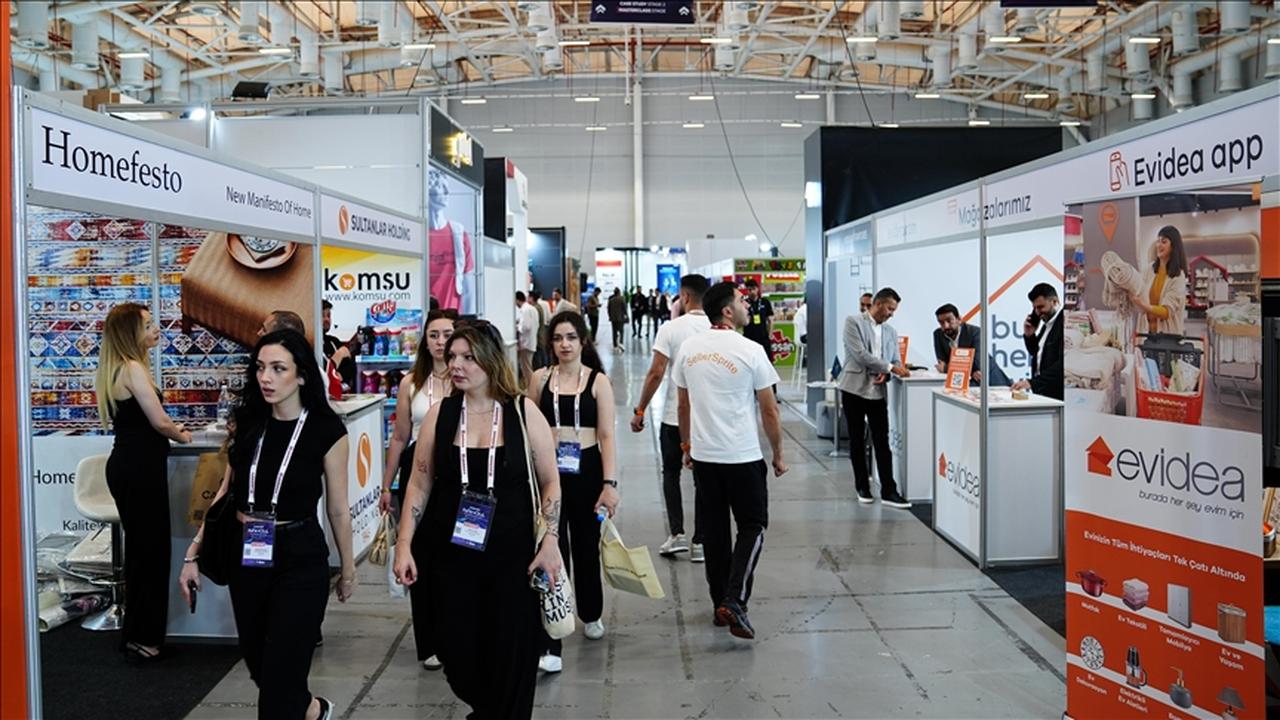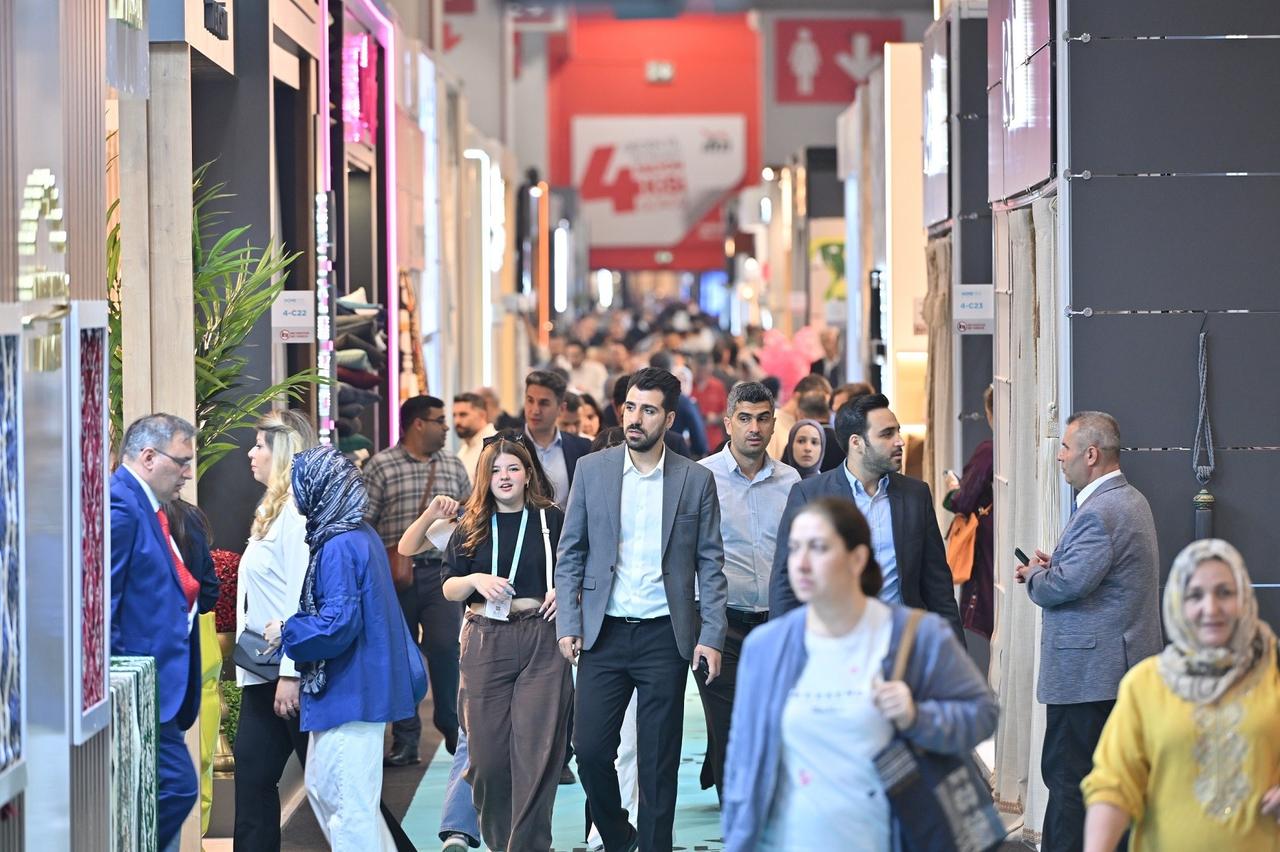
Türkiye has rapidly become a leading hub for international trade fairs, particularly in sectors such as furniture, food, agriculture, marble, plastics, packaging, household goods, and kitchenware, as visa restrictions imposed by European Union countries continue to disrupt participation from third countries.
Speaking to Türkiye daily, Ilhan Ersozlu, General Manager of TUYAP, one of Türkiye’s leading exhibition organizers, said fairs held in Istanbul are now ranking first or second in Europe across several industries.
He noted that visa constraints—especially those implemented under the Schengen Agreement—have led to a sharp decline in trade fair participation in countries such as Germany, France, and Italy, prompting exhibitors and businesspeople from Africa and other developing regions to turn to Türkiye instead.

Data from the European Union shows that in 2024, China filed the most Schengen visa applications, with 1,779,255 requests. Türkiye followed with 1,173,917 applications, while India ranked third with 1,108,239. The rejection rate for applicants from Türkiye stood at 14.5%, slightly below the EU-wide average of 14.8%.
Although discussions on visa liberalization between Türkiye and the EU have been ongoing for years, the issue remains unresolved. This visa bottleneck is not only affecting tourists but also professionals and entrepreneurs seeking to attend or participate in European trade shows. Even Turkish businesspeople granted visas often report that their company representatives or booth staff face additional procedural obstacles.
According to data from global visa application company VFS Global, visa applications submitted from Türkiye increased by 36.5% in 2024 compared to 2023. While the total number of visa applications worldwide stood at around 110 million in 2023, it is expected to reach approximately 185 million by 2028.
Ersozlu emphasized that trade fair participants from developing countries, particularly in the Middle East and North Africa (MENA) region, are increasingly opting for Türkiye after facing difficulties obtaining visas for European fairs—even after securing booth space. He explained that this shift has significantly strengthened Istanbul’s position, allowing its trade shows to attract global attention and grow in scale.
“As Schengen visa hurdles make European fairs less accessible, Türkiye’s role has expanded. Fairs in Istanbul, especially in key industries, have now taken a leading position in Europe,” Ersozlu said.
He concluded by expressing optimism that the trend will continue, reinforcing Türkiye's status as a regional leader in international exhibitions.
TWEET: Schengen restrictions disrupt EU events, while Istanbul fairs gain momentum and rival long-established shows in Germany and France